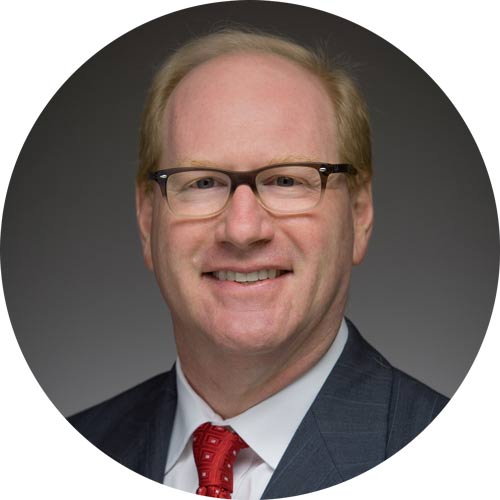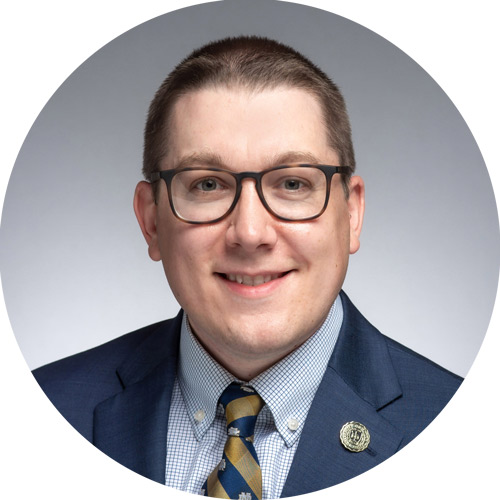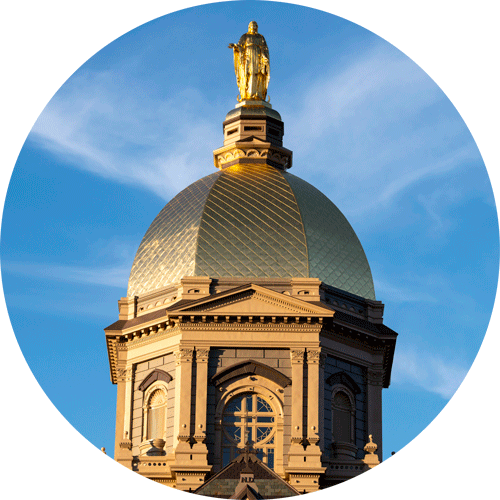I am pleased to recognize the following papers published in top journals. Notably, one paper features Ph.D. student co-authors and another represents a cross-disciplinary collaboration between marketing and ITAO faculty.
ACCOUNTANCY
Andrew Imdieke, Associate Professor of Accountancy
“The Use of Client-engaged Specialists to Support Opportunistic Estimates: Evidence from the Insurance Industry” (Review of Accounting Studies)
This study finds that external actuaries significantly influence opportunistic behavior in insurance claim loss reserves, with an effect nearly half as large as auditors. More permissive actuaries increase opportunism while larger firms reduce it. The effect is strongest when insurers have manipulation incentives and persists even with high-quality auditors, suggesting client-hired actuaries can facilitate opportunistic reserve estimates and high-quality auditors are not effective in mitigating this risk.
FINANCE
Robert Battalio, Professor of Finance
“The Cost of Exposing Large Institutional Orders to Electronic Liquidity Providers” (Management Science)
The researchers find that brokers route parts of large institutional orders to electronic liquidity providers (ELPs) to avoid exchange fees. While this reduces costs for individual trades, it increases overall execution costs for the complete order. Using orders that prohibit ELP routing for comparison, the study shows ELPs quickly detect large orders through their broker relationships, potentially harming institutional trading performance.
Stefano Pegoraro, Assistant Professor of Finance
“Risk Aversion With Nothing to Lose” (Journal of Economic Theory)
This study shows that risk-neutral decision makers become endogenously risk-averse near termination when forward-looking incentives to preserve economic rents outweigh short-term gambling incentives. The researcher identifies rent preservation as a unifying mechanism behind endogenous risk aversion across diverse economic models and establishes conditions for both risk-averse and risk-loving behavior.
ITAO
Ahmed Abbasi, Joe and Jane Giovanini Professor of IT, Analytics, and Operations
Ph.D. in Analytics Candidates: Marialena Bevilacqua, Kezia Oketch, Ruiyang Qin, Will Stamey, Xinyuan Zhang and Yi Gan
“When Automated Assessment Meets Automated Content Generation: Examining Text Quality in the Era of GPTs” (ACM Transactions)
This study examines how machine learning models trained on human text assess content generated by humans versus GPTs using 18,460 essays. The researchers find that LLMs and transformer models score human essays more accurately than traditional ML methods, but rate GPT-generated text 10%-20% higher than human content. Conversely, traditional ML models favor human text. The bias toward GPT content may stem from LLMs' familiarity with AI-generated patterns from pre-training, raising concerns for automated text scoring systems in the age of generative AI.
M&O
John Busenbark, Mary Jo & Richard M. Kovacevich Associate Professor of Management & Organization
“Organization-Investor Fit: The Role of Temporal Preferences in Shaping Investor Attraction and Organizational Performance” (Personnel Psychology)
The researchers introduce organization-investor (O-I) fit as a new form of fit reflecting compatibility between organizations and investors. They argue that investors are attracted to organizations with matching temporal preferences, providing a relational rather than purely transactional view of corporate governance. Using longitudinal data from S&P 500 firms and experiments, they find that high O-I fit leads to better organizational performance. The study demonstrates how O-I fit shapes investor composition and subsequent performance, highlighting mutual benefits for scholars, managers and investors.
Cindy Muir (Zapata), Professor of Management & Organization
“Supervisor Integrity Empowers Employees to Advocate for Diversity in Problematic Climates” (Journal of Applied Psychology)
This research shows that supervisors with high integrity can empower employees to engage in diversity advocacy behaviors, with the strongest effect occurring in negative diversity climates where change is most needed. Three studies, including a field survey, a vignette experiment and a behavioral experiment, support this theory and develop a validated diversity advocacy scale.
MARKETING/ITAO
John Lalor, Assistant Professor of IT, Analytics, and Operations
Yixing Chen, Assistant Professor of Marketing
Vamsi Kanuri, Viola D. Hank Associate Professor of Marketing
From Stars to Insights: Exploration and Implementation of Unified Sentiment Analysis with Distant Supervision (ACM Transactions on Management Information Systems)
Sentiment analysis is integral to understanding the voice of the customer and informing businesses’ strategic decisions. Traditionally, sentiment analysis is divided into multiple tasks, each requiring separately labeled data based on the unit of analysis: aspect-category detection, aspect-category sentiment analysis and rating prediction. This study integrates these tasks in a novel learning paradigm, unified sentiment analysis, and proposes the Distantly Supervised Pyramid Network (DSPN), which uses a hierarchical structure to capture sentiment at word, aspect and document levels from a single labeled data source. Evaluations on English and Chinese review datasets show that DSPN achieves comparable performance to specialized benchmark models while using only star ratings for supervision, offering significant efficiency advantages and interpretable outputs for sentiment analysis applications.
John Costello, John W. Berry Sr. Associate Professor of Marketing
“How Fatal School Shootings Impact a Community’s Consumption” (Journal of Marketing Research)
The researchers examine how fatal school shootings affect community consumption patterns beyond their direct victims. Using various data sources, they find that these incidents reduce grocery purchases by 2.09% in affected communities for up to six months, with stronger effects in liberal-leaning counties. Extended analysis shows 8% decreases in food service spending and 3% decreases at food stores. Three experimental studies indicate the decline stems from heightened anxiety about consuming in public spaces, particularly among political liberals. The findings reveal broader economic consequences requiring community-level support responses.
Thank you to all of the faculty members for their research contributions.
In Notre Dame,
Martijn






